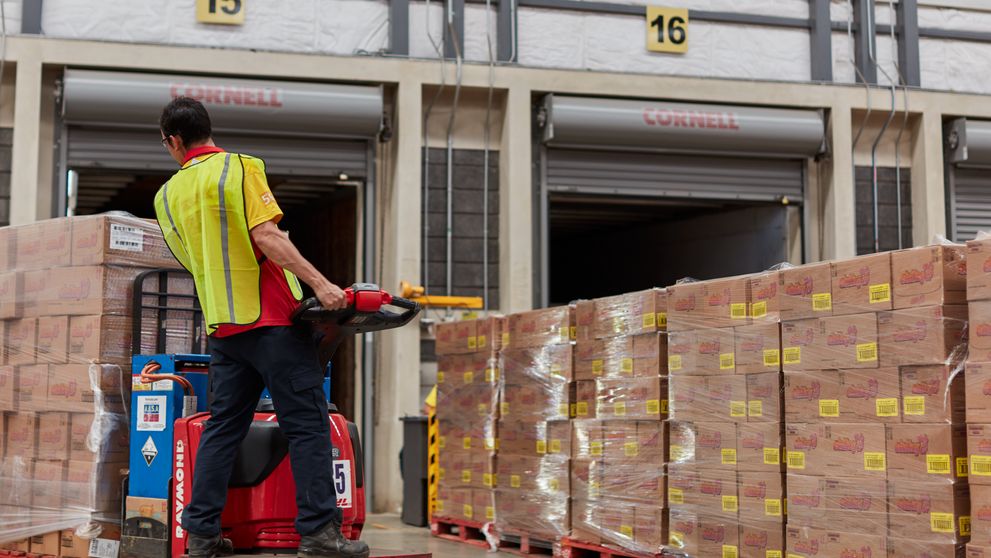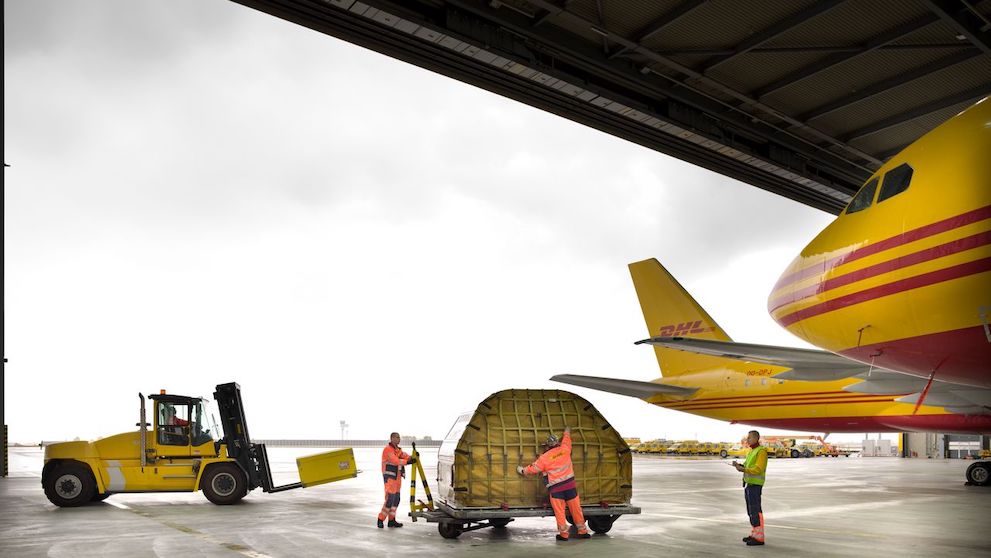Thailand's textiles and garment sectors have long been a symbol of the country's economic growth and success. With more than 90% of small and medium-sized enterprises (SMEs) in this industry employing more than a million workers, as identified by the Department of International Trade Promotion (DITP), it has a pivotal role in propelling the Thai economy. In 2022 alone, lifestyle and fashion exports reached THB 450 billion, with a year-on-year growth of 16.5%.
If your company aims to tap into this profitable export market for clothes, shoes, and bags, this blog will provide you with all the insights and considerations to make when expanding into the international market and shipping your products overseas.
Popular apparel and textile exports
When it comes to the types of popular fashion-related exports from Thailand, ready-made garments are undoubtedly among the most coveted commodities. Partly as a result of trade wars, these products have seen a spike in demand, especially in the US market. The largest contributor to the overall apparel market is women's apparel, projected to reach a market volume of US$3.38 billion in 2023, based on figures shared by Statista. In particular, non-luxury goods are expected to make up the majority of sales, accounting for 79% of the share by 2023.
Meanwhile, some of the top textile products companies ship abroad include artificial fibres and yarn. However, as the world moves towards a sustainable future, the rise in demand for eco-friendly products has created a renewed interest in other Thai fabrics. For instance, brands are now investing in textiles like recycled fibres and organic cotton to manufacture clothing, shoes or bags that meet consumers’ demand for sustainable options. As such, exporting sustainable fabrics also makes a lucrative venture.
Things to note when shipping clothes, textiles and accessories overseas
However, before you start shipping boxes of clothes, fabric, and accessories overseas, here are some key points to note for a smooth export experience.
1. Acceptable commodities
As an international seller, ensuring that your commodities comply with legal regulations is fundamental to your success. In particular, it's crucial to ensure that you are not shipping:
- Counterfeits: Examples include clothes or any other goods with fake branding.
- Goods infringing intellectual property rights: Examples include bags violating trademarks or items with characters infringing copyrights.
If customs officers suspect any goods of falling under the above categories, they have the power to impound your packages, prepare the memorandum of inspection and seizure or arrest, and prosecute the matter through the litigation unit. As such, keeping up with these regulations is essential not only for legalities but also for safeguarding your business reputation.
Besides the above, products bearing the Thai flag or Thai mark are also items controlled for export. Thus, you will need to apply for the applicable licence with the DITP to ship products bearing this mark.
2. Value of shipments and impact on restrictions
To prevent any holdups in the customs clearance process, it is also recommended that you register ahead of time before shipping your products to customers worldwide and complete the registration before customs clearance. You will need to register for formal clearance under the following circumstances:
- You are shipping restricted items or require licensing for your shipment.
- You enjoy certain privileges, such as free trade zone, export processing zone and bonded warehouse.
- Your exports’ freight on board (FOB) value ≥ THB 500,000.
In Thailand, the primary basis for determining the FOB value is the transaction value, which is the actual price paid or payable for the goods when sold for export, after adjustments for other costs, which may include:
- The royalties and licence fees related to the goods and paid as a condition of sale.
- Proceeds from subsequent resale in the importing country.
If the declared prices for your clothes, shoes, bags, and other exports are too cheap or appear incorrect, Thai Customs may dispute your claims, which can also result in shipment delays that affect your customers’ experience. Therefore, reviewing the applicable regulations and restrictions and checking your customs declaration details before shipping is vital to avoid unwanted surprises.
3. Packing list
During customs clearance, you will also be required to submit the following documents:
- Export entry form.
- Standard shipping documents, such as:
- Commercial invoice
- Packing List
- Bill of lading or air waybill
- Letter of credit
- Export licence and authorisation from relevant agencies (if applicable).
Specifically, your packing list should include the following content:
- Date.
- Contact information of shipper, exporter, and consignee.
- Origin and destination address of cargo.
- The total number of packages for shipping.
- Description of each package, e.g., Brand X white sheer clothes for ladies, Brand Y black Boston bag.
- The volume, weight and quantity of each package and the entire cargo.
- SKU number.
To prevent delays and amendments, it is advised to keep your shipper, exporter, and consignee’s names consistent across the documents for submission.


















